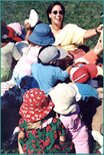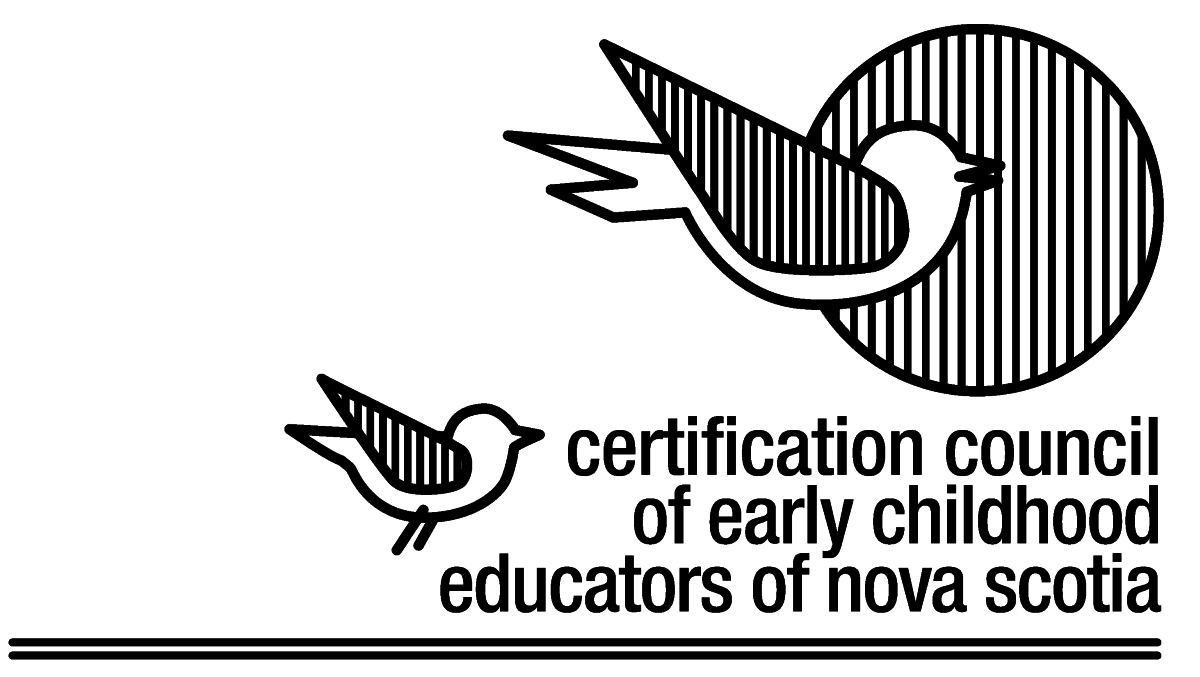

 |
 |
|||||
|
|
   |
What Parents Can Do When a Child Becomes Abusive
If your child starts showing abusive behavior, it’s natural to feel overwhelmed and unsure where to turn. You might wonder how things reached this point and what you can do to keep your family safe. Understanding your child’s actions is the first step, but setting firm boundaries and knowing how to respond effectively can make all the difference. Before things get worse, it’s important to recognize the signs and consider your next steps. Recognizing Early Signs of Abusive BehaviorIdentifying early signs of abusive behavior in children is important for effective intervention and guidance. Behaviors warranting attention include consistent displays of intense anger, disrespect, or deceit that surpass typical developmental expectations. Escalation to threats, harassment, or physical aggression may indicate the onset of abusive patterns. Disproportionate emotional responses to family conflicts can also be significant indicators. Additionally, ongoing mistreatment of themselves, family members, animals, or property should be closely observed. Early recognition of these behaviors enables timely intervention, potentially redirecting the child towards healthier behavioral patterns. Understanding the Roots of Child and Teen ViolenceChildren and adolescents may exhibit aggressive behaviors that surpass typical childhood frustration due to various underlying factors. These behaviors often originate from significant emotional distress, exposure to domestic violence, or unresolved mental health issues. Additional contributing factors include family instability, experiences of bullying, and substance misuse, which can exacerbate these behaviors and create challenges in managing anger and emotional distress. Research indicates that if behavioral problems aren't addressed in a timely manner, they can escalate. Therefore, it's crucial to recognize early signs such as depression, anxiety, or difficulties in emotional regulation. Early intervention can be effective in preventing the development of more severe behavioral issues. Understanding these underlying causes allows for responses that are empathetic and supportive, rather than purely punitive, thereby facilitating appropriate interventions. The Impact of Abuse on Family MembersUnaddressed aggression in a child can have significant effects on the entire family, extending beyond the individual to impact each household member. Family members may experience emotional trauma, anxiety, or fear due to the ongoing situation. Siblings, in particular, may face challenges in building trust or maintaining relationships as a result of family violence. The recurrent disturbances can disrupt daily routines, leading to feelings of helplessness and isolation among family members. Over time, these experiences can jeopardize the family's emotional stability. Recognizing these effects is essential, as it underscores the importance of seeking professional assistance to address the situation and work towards re-establishing safety and connection within the home. How Abuse Can Escalate in Adolescence and AdulthoodAs children transition into adolescence, there's potential for abusive behaviors to escalate due to increased physical strength and more sophisticated manipulation tactics. This shift may manifest as calculated acts of violence, verbal threats, or controlling behaviors. Some adolescents may exploit familial dependencies, utilizing emotional or financial leverage to exert control. In certain instances, parents may struggle with denial, inadvertently allowing these patterns to continue into adulthood, where dependency can perpetuate the cycle of abuse. If unaddressed, the risk of serious injury and emotional trauma becomes significant. It's crucial to prioritize safety; if you ever feel physically threatened or unsafe, contacting law enforcement is an appropriate course of action. Setting Boundaries and Enforcing ConsequencesWhen establishing limits with your child, it's important to ensure they understand which behaviors are deemed unacceptable. Begin by explicitly defining boundaries, particularly concerning violence and aggression, and communicate that such behaviors are impermissible. It's crucial to establish consistent and age-appropriate consequences, such as the loss of privileges, and to enforce these consequences promptly if boundaries are breached. Utilizing a structured discipline plan can be effective, while reinforcing positive behaviors with praise can encourage compliance. Documenting each incident can help in identifying behavioral patterns and in guiding appropriate responses. Consistency and clarity in communication demonstrate a commitment to maintaining boundaries and addressing undesirable behavior systematically. Communicating Effectively With an Abusive ChildEffective communication is a crucial component in addressing abusive behavior in children and fostering a trusting relationship. When a child exhibits abusive behavior, it's important to use clear, non-threatening language and prioritize active listening. Acknowledging the child's emotions without endorsing the behavior can help them feel understood. Engaging in conversations during calm moments, rather than during periods of anger, allows for discussions about boundaries and expectations in a predictable environment. Consistent and honest communication can aid children in learning alternative ways to express their emotions. By validating their feelings and establishing limits, parents can encourage healthier emotional expression and potentially reduce aggressive behavior. Using effective communication serves as a model for respectful, non-abusive interaction, which can influence the child's behavior positively. Seeking Professional and Community SupportAddressing a child's abusive behavior is a complex challenge, but seeking professional and community support is an essential step toward fostering improvement. Mental health professionals, such as therapists or counselors, can identify underlying issues contributing to the behavior and offer guidance on establishing healthier family dynamics. For families exploring external help, understanding what is the troubled teen industry can provide valuable insight into available interventions and programs. Community resources like family support centers and mental health services offer practical strategies and the necessary emotional support. Research indicates that early intervention by mental health professionals can effectively reduce aggression and abusive behavior in children. Collaborating with local family support organizations and, if appropriate, legal authorities, can enhance safety and communication within the household, thereby minimizing the likelihood of recurrence and promoting a more supportive home environment for all family members. Developing and Maintaining a Family Safety PlanCreating and implementing a family safety plan is a practical approach to ensuring that all household members are prepared to handle abusive or high-conflict situations. It begins with identifying and clearly communicating family boundaries and the consequences of abusive behavior. Establishing safe spaces within the home is crucial; these are designated areas where individuals can go for safety if a situation escalates. It's important that all family members are aware of these locations. A comprehensive list of emergency contacts should be developed. This list should include law enforcement, mental health professionals, and trusted friends or relatives who can provide assistance if needed. Regular practice of safety drills is advised to ensure that each family member is familiar with escape routes and safety protocols. Consistent documentation of incidents, injuries, and threats is essential for creating an accurate record. This documentation can be invaluable if there's a need to provide evidence for protective actions in the future. Resources for Parents and Families Facing AbuseA variety of resources exist to assist parents and families in managing instances of child-to-parent abuse. Numerous organizations provide educational materials, practical guides, and specialized support services, including family counseling, mental health interventions, and parenting programs. These resources are designed to help individuals identify abusive behaviors and develop appropriate strategies for addressing them. Legal measures, such as reporting protocols and protective orders, are available to safeguard families when abuse becomes severe. Local child protective services and adult protective agencies can offer further intervention if necessary. For immediate assistance, online platforms and helplines can provide confidential advice, crisis support, and practical guidance. ConclusionIf your child becomes abusive, remember you’re not alone and you can take action. Stay calm, set clear boundaries, and follow through with consequences. Listen to your child’s feelings, but don’t excuse their behavior. Reach out for professional support to address deeper issues, protect everyone’s safety, and guide your family toward healing. With patience and the right help, you can rebuild a healthier family dynamic and give everyone the support they need to move forward. |
 |
| About CCC-NS | Child Care Directory | Resources | Library | Jobs | Events | What?s New Contact Us | Privacy Policy | Site Map | Home |
| © Copyright 2005 Child Care Connection NS |